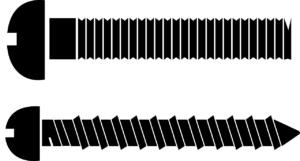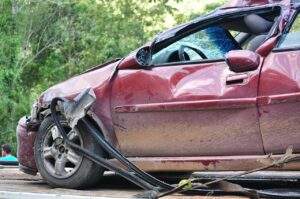Who Should Avail a Third-Party Car Insurance?

Third-party car insurance is mandatory under the Indian law to be purchased by everyone who owns a two-wheeler. It has been compulsory as it provides protection coverage to the party involved in any unfortunate or unexpected accident. The risk coverage of such a policy covers any damages done to the life or property of third-party. Since such a policy doesn’t provide risk coverage to the policyholder’s property or life damages, it is always advisable to purchase a comprehensive car insurance policy.
Third-party insurance is a legal compensation wherein, the damaged party can file a case against policyholder and the insurance provider. There is no restriction of the amount that can be claimed, however the maximum claim amount paid by insurer is 7.5 Lakhs. If the amount exceeds that limit, the policyholder has to pay the remaining amount from his/her pocket.
The Pre-Requisites of Buying a Third-Party Car Insurance
The third party car insurance is usually the person with whom an accident has occurred. Here, policyholder is the first party and insurer is the second party. However, if in an accident, you are hit by a car – you become the third-party. Hence, you can have access to the benefits of such a policy by filing a claim. If you are severely injured, all the expenses related to medical treatment, any type of disability you have suffered, or even the financial loss suffered due to inability to earn. If the policyholder has met with death, the nominees can also file for claim to compensate the financial loss.
- In case of damage of property (your car), the verified bills and reports of surveyor are required. These documents must be from an authorized garage which have to be produced to claim any loss against the car.
- The payable premium towards such a policy are fixed. However, these rates can differ on the basis of the capacity of the car’s engine. For instance, a smaller car like a hatchback would cost you a premium around Rs. 5000 per year towards a Sedan.
- The third-party claims are not an easy process. Such processes usually involve filing an FIR in the police station, and receiving a charge sheet.
New purchasers have three options to select from:
Long term: This includes third-party policy of three years and own damages for a three-year period. Such a policy can provide risk coverage for third-party damages and harm done to the policyholder for a period of five years (or three years). However, it is not compulsory for you to buy both together. While switching to another insurance provider to get a lesser premium for own damages won’t be possible. Instead, you can end up paying more for your vehicle.
Bundle Package: Includes third-party for three years and own damages for a year. If you want to keep a stable premium throughout the term, can opt for this. However, you need to consider that interest rate is charged on vehicle between 11% – 15% per year. Insurance providers do offer credit in case of long-term premium, they also range from 6% – 8%. Additionally, there is upfront fees too for three years which can increase the premium up to 10%. It can also affect your eligibility for an NCB. If a three-year policy is being purchased, it should be clarified that the claim-free year is considered or not in the term.
Single policy: This includes car insurance policy of three years without own damages plan. In case of buying such a policy you might save on premium but your own vehicle or damage to your life would not be covered under it.







